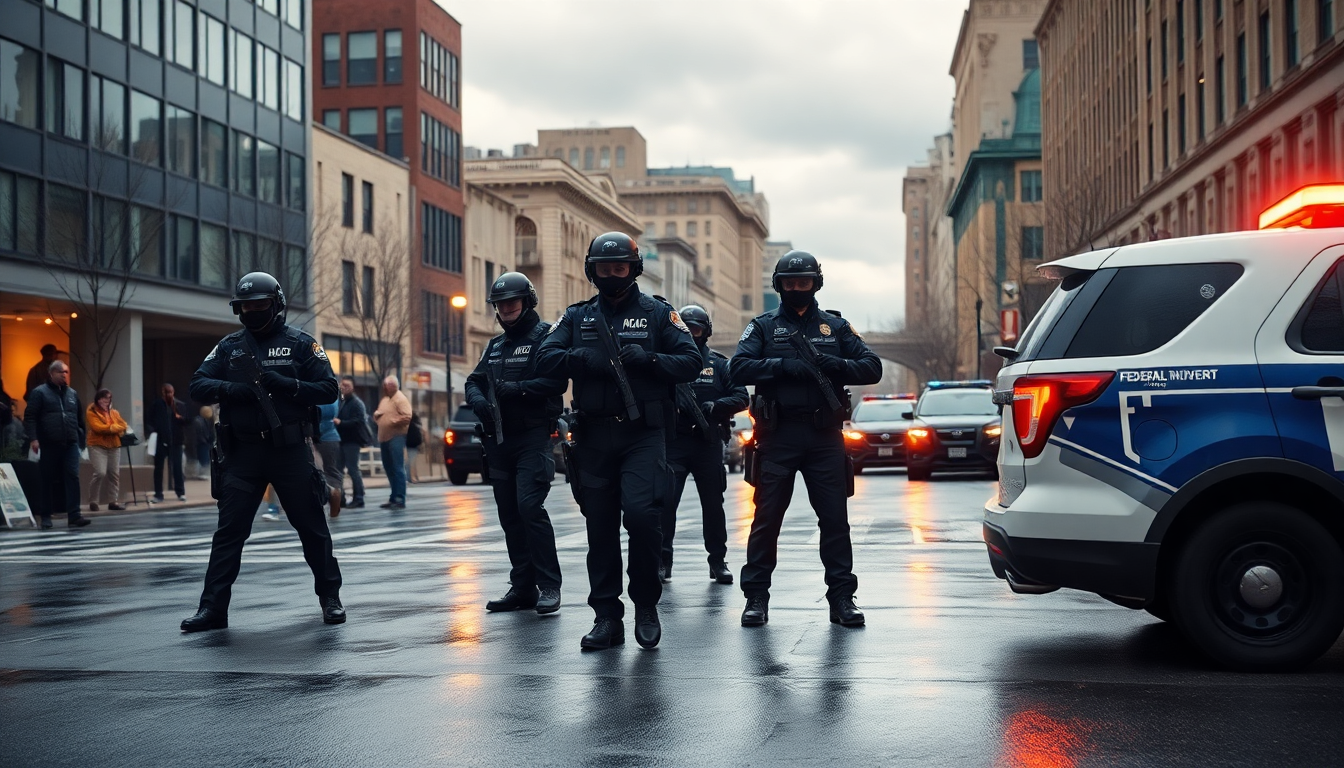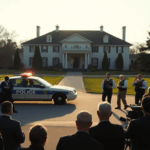Table of Contents
The recent surge in federal intervention aimed at tackling urban crime has ignited a heated debate across various U.S. cities. With the president’s recent announcement to mobilize National Guard troops in Washington D.C. and suggest similar actions for Chicago, how do local officials feel about these measures? This article explores the responses from mayors and the broader context of crime rates, shedding light on the complexities of federal involvement in local law enforcement.
Understanding Federal Intervention in Urban Crime
As crime rates continue to climb, the federal government has made a significant move by federalizing law enforcement in Washington D.C. and hinting at extending this approach to other cities, like Chicago, that are grappling with violence.
The idea is that federal resources can enhance local efforts to tackle crime. But, is this really the solution local communities need? Many local leaders are raising red flags about how these actions could impact community trust and safety.
Take Chicago Mayor Brandon Johnson, for instance.
He’s been outspoken against deploying the National Guard to his city, calling it an ‘unlawful deployment’ that could worsen tensions between residents and law enforcement. Johnson argues that building trust within communities is essential, pointing to recent successes in Chicago, including a 30% reduction in homicides and a 35% drop in robberies over the past year.
Could bringing in federal troops jeopardize this progress? Many worry it might be perceived as an invasion rather than support.
Local Crime Rates in Context
When looking at crime statistics, it’s important to place Chicago’s numbers in a broader national context.
Recent data shows that cities in Illinois, like Chicago Heights and Peoria, actually report even higher rates of violent crime than Chicago itself. So, what does this mean for addressing crime? It suggests we need a more nuanced understanding of crime dynamics—federal intervention alone isn’t the golden ticket.
Local leadership and community-based initiatives are vital for effective crime reduction.
The challenges faced by urban areas like Chicago are multifaceted, stemming not just from crime rates but also from deeper socio-economic issues like poverty and gang violence. Mayor Johnson emphasizes that merely deploying the National Guard won’t solve these root problems. Instead, he advocates for focusing on community resources—think mental health services and educational support—which are crucial for fostering long-term safety and stability.
What Federal Involvement Means for Local Law Enforcement
The implications of federal involvement in urban crime management go beyond just the immediate crime statistics. Critics of this approach argue that it may alienate communities already struggling with trust issues toward law enforcement. Could this lead to increased tensions between residents and the National Guard, ultimately undermining the goals of safety and security these interventions aim for?
Additionally, relying on military-style solutions raises questions about the federal government’s role in local matters. Johnson’s assertion that the National Guard can’t replace dedicated local law enforcement underlines the need for tailored, community-focused strategies instead of blanket federal responses. Isn’t it essential to engage with local stakeholders to develop comprehensive plans that address the unique challenges of each city? This collaboration is vital for building trust and ensuring effective crime reduction.
As cities confront rising crime rates and the implications of federal intervention, it’s becoming increasingly clear that a collaborative approach—one that combines federal resources with local insights—might be the most effective way forward. Understanding the intricacies of urban crime and the socio-economic factors involved will be crucial in shaping policies that genuinely enhance public safety.





